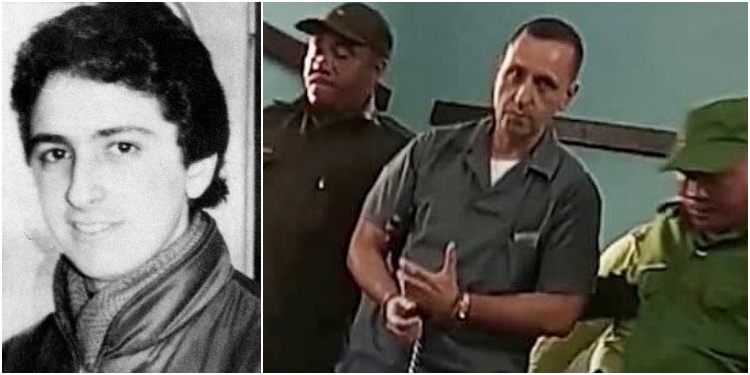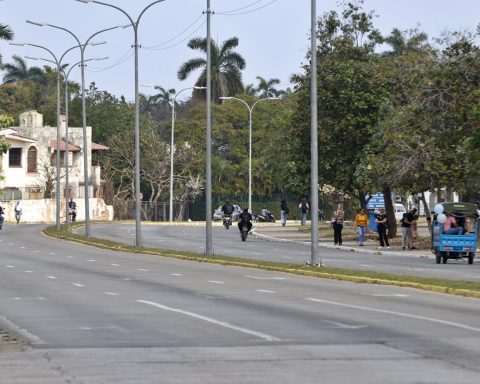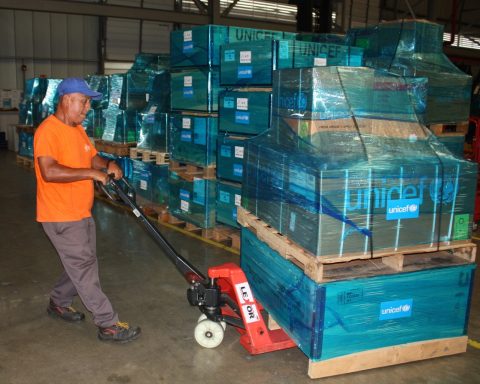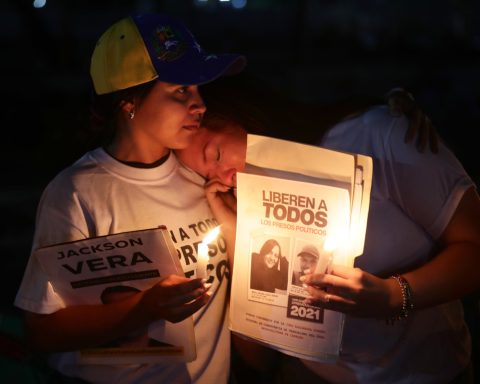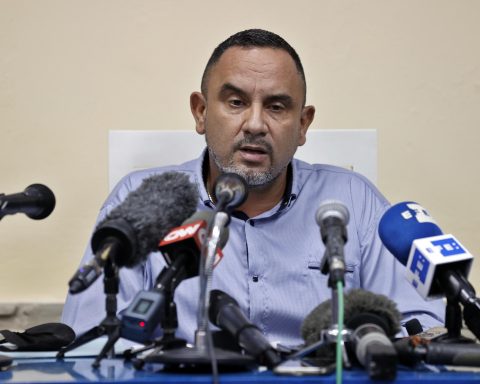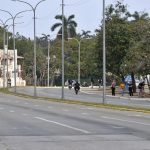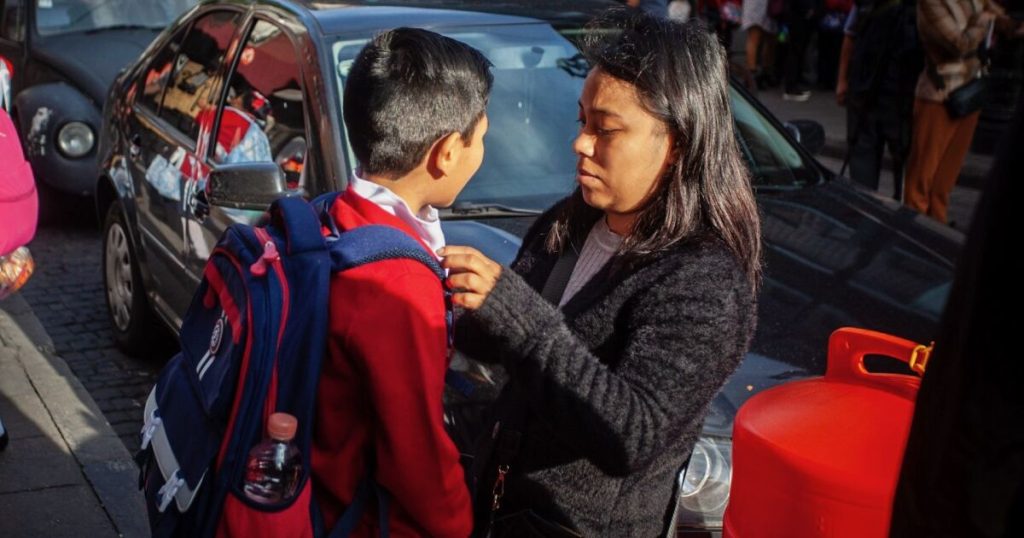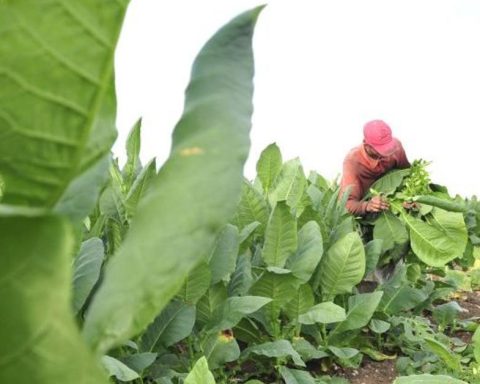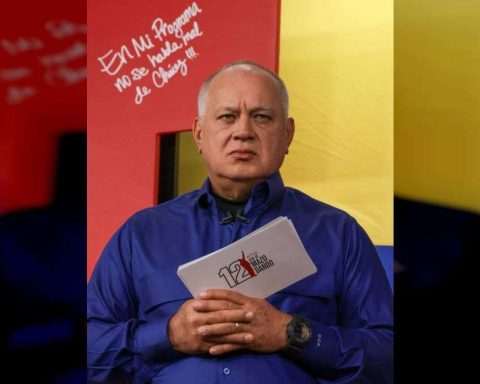Havana.-After almost 27 years in prison, this Thursday the Cuban regime released Ernesto Borges Pérezknown as “El Prisono de Castro” and one of the Cuban political prisoners who had been in prison for the most years.
The news was transmitted to Cubanet by his father, human rights activist Raúl Borges.
“We are very happy to have my son at home. They have been very hard years, his mother died without being able to see him free, his health has deteriorated a lot and it is the first thing we will have to review; for the moment, we want to be with the family, he will decide when to communicate with the press. Thank you for support and worry,” the father told Cubanet.
Ernesto Borges was arrested in 1998, with just 32 years old. Being a young captain of the Directorate of Counterintelligence of the Ministry of Interior (Minint), he was about to deliver to officials of the then Office of Interests of the United States in Havana a list of 26 Cuban spies that the security of the State would enter in US territory and several NATO countries. He was accused of tentative espionage; First he was sentenced to death penalty, but he was then switched for 30 years of deprivation of liberty.

According to Cuban military laws, Borges had to serve only one third of the conviction, that is, a decade. In 2012, when he had been imprisoned for 14 years, and before the refusal of the regime to release him, he began a hunger strike that he only left when Cardinal Jaime Ortega Alamino told him that he would intercede for him before Raúl Castro. However, Castro’s response was that former prisoners “were a case of him,” said his father.
Borges, with 59 years old, has remained almost half of his life in prison, subject to physical and psychological torture. During the first 10 years of imprisonment, he was in semi -cure cells, semi -applying and with little ventilation; He remained more than two decades without being able to see or hug his daughter, who was barely four years old when his father was imprisoned. Borges have also denied medical assistance despite the fact that his health has broken: he has an inguinal hernia and cataracts; Both conditions require a surgical process that, first denied him, and then Borges rejected for the risk for his life.
In 2020, when his mother, Santa Ivonne Pérez, died, Borges was taken to the funeral home by several state security officers, handcuffed with hands and feet, as if it were an extremely dangerous prisoner.
Shortly after his mother’s death, he was transferred to a minor severity regime in the prison known as the east combined, in Havana. Then, he received the first prison pass to visit his family, although under the threat that, if he gave statements to the press, he would be sent again to a system of greater severity, which would mean taking his visit to his family once a month.
In July 2021, as punishment for denouncing an outbreak of COVID-19 In the prison, the prison authorities returned to place it in a regime of greater severity. On July 17, Borges would turn 27 years of imprisonment.
“I had the blessing of knowing him personally during a visit to the prison in 2014,” Pastor Mario Félix Lleonart told this media, who one of the strongest voices in the campaigns for the release of Borges.
“There have been many years of hope in their release that have left, which finally did not happen. But now there is no excuse. Ernesto has fulfilled the total sanction and we are very happy that he is finally free, next to his family,” he added.
